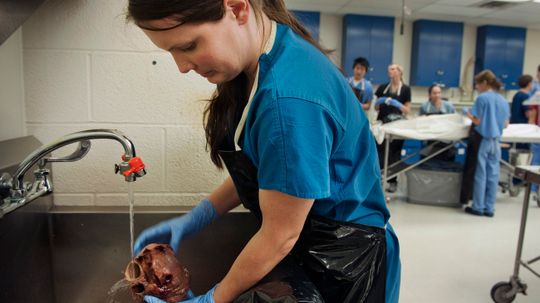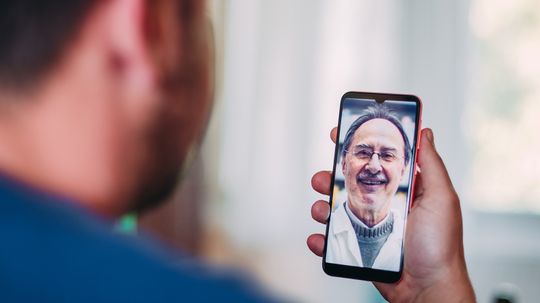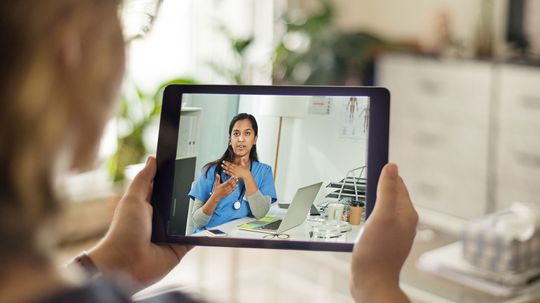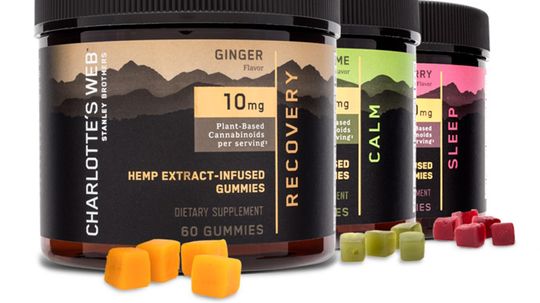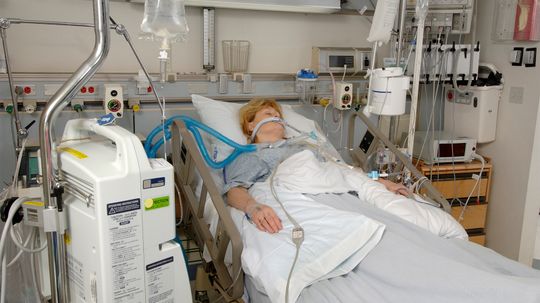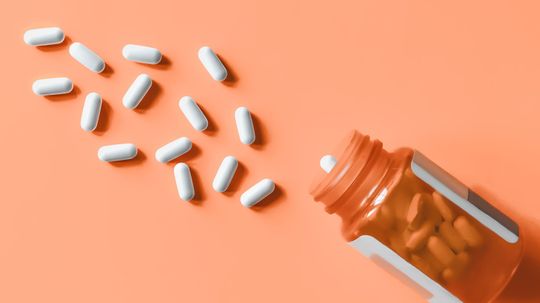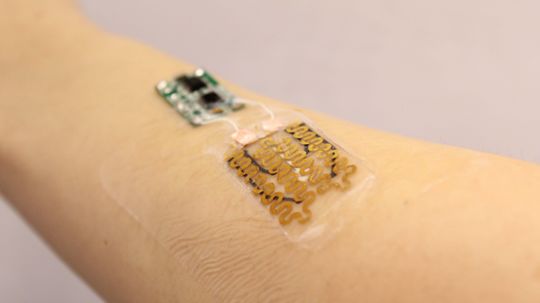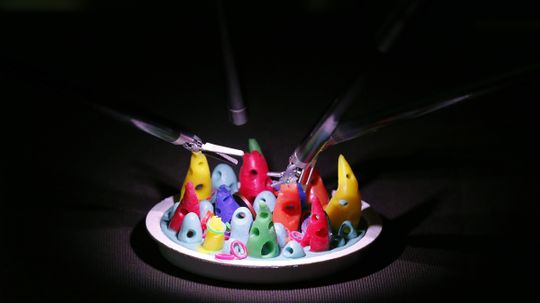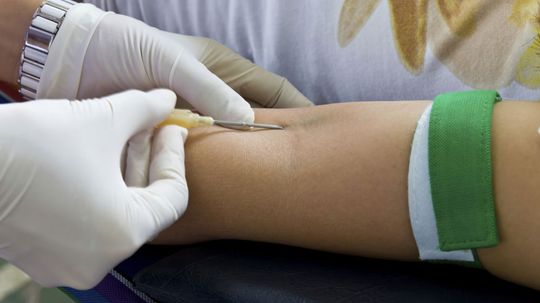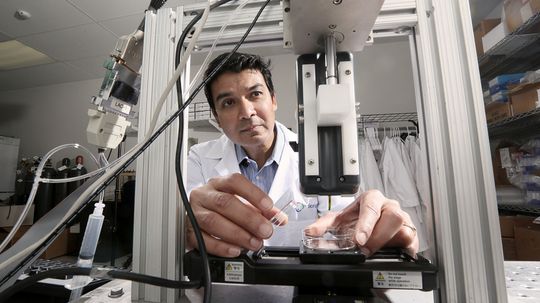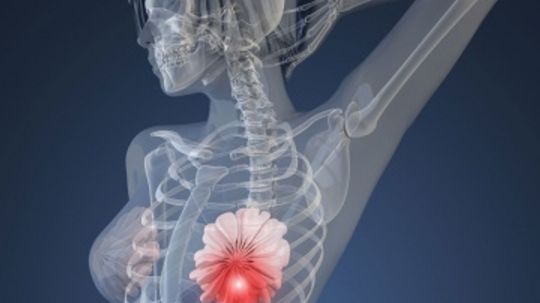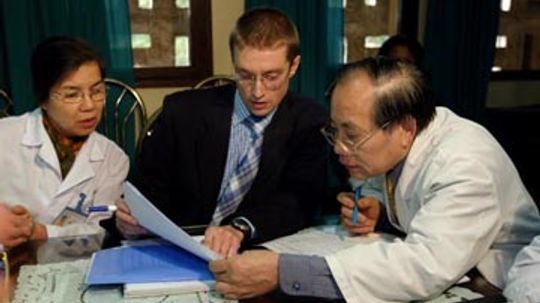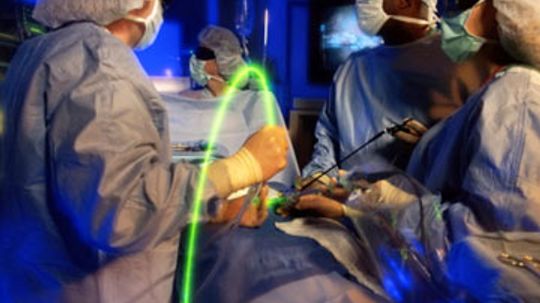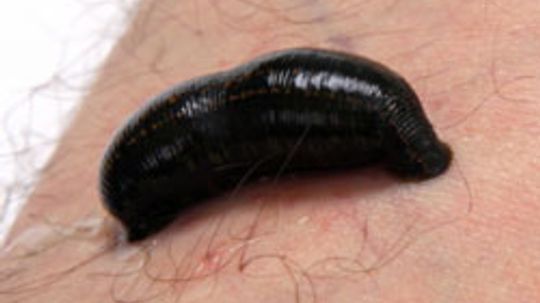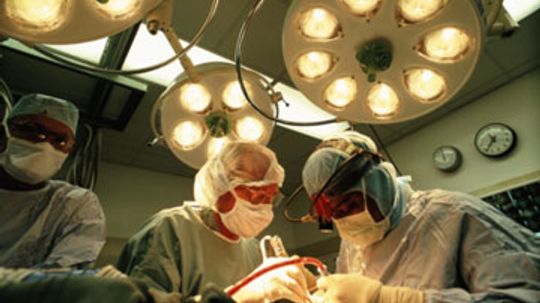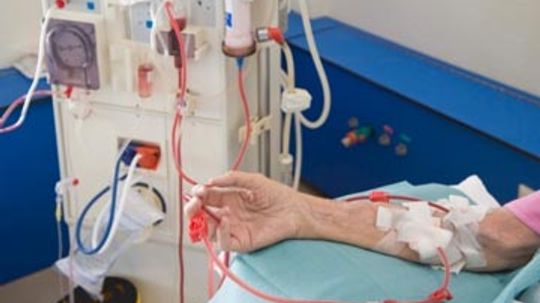Modern Medicine
Thanks to modern medicine, we have at our disposal countless medications and techniques for overcoming health problems. Learn about recent innovations in modern medicine techniques and how they have transformed the medical world.
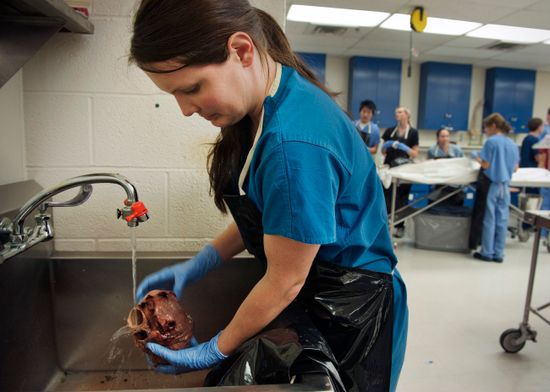
Medical Schools Have Come a Long Way From Grave Robbing to Get Cadavers
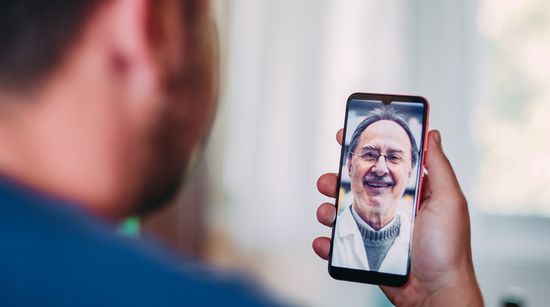
How Doctor On Demand Works
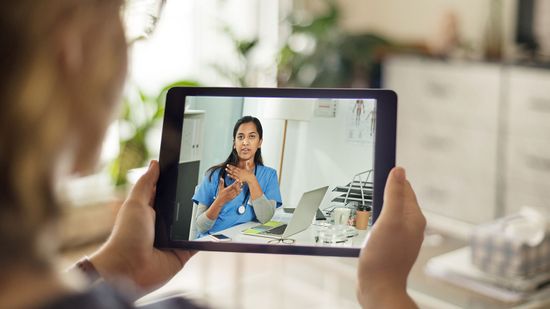
How Telemedicine Can Help You During COVID-19 and Beyond

Compression Wear Is Key to Sports and Surgical Recovery

How 'Charlotte's Web' Went From Iconic Kid Lit to Popular CBD Brand
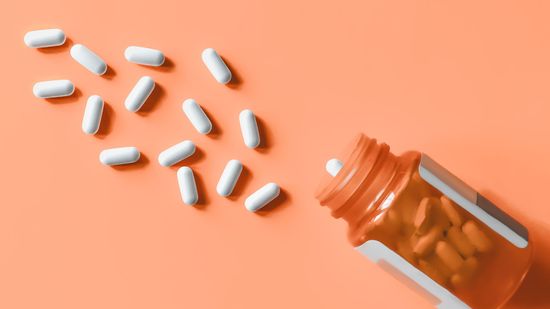
Why Do Antidepressants Have Warnings About Suicidal Thoughts?
Learn More
When people think of powerful professions, medicine usually tops the list. But who is the most powerful doctor in the world?
Drugs can heal, harm or alter how the body works, depending on the type and how they’re used. Some are essential medicines that relieve pain or treat mental health issues. Others are addictive substances tied to recreational drug use and drug abuse.
Choosing the right physician starts with understanding the many types of doctors available. From primary care doctors to highly focused medical specialties, these professionals diagnose and treat a wide range of medical conditions.
Advertisement
Doctors need to cut open dead bodies to learn anatomy, but where do they get them?
Compression socks, sleeves and other garments are worn by both patients and athletes to help enhance their performance and improve their post-op recovery. But do they work?
Not crazy about going into your doctor's or therapist's office these days? You might be interested in a telemedicine service like Doctor on Demand.
Since the COVID-19 outbreak has people self-quarantining as much as possible, telemedicine has become a big alternative. But if you've never done it before, what can you expect?
By Alia Hoyt
Advertisement
A little girl with epilepsy caused the mash-up of a beloved children's book title and a CBD oil that changed medical history.
A ventilator is a machine that helps a person breathe by blowing oxygen into the lungs and removing carbon dioxide out of the lungs. They're a critical piece of equipment for coping with the COVID-19 pandemic.
You've probably seen the ads for drugs to treat depression and the warnings that they may cause suicidal thoughts. But why would that be?
By Alia Hoyt
Flexible electronics have enabled a team at Tufts University to create a bandage that not only monitors wounds, but delivers treatment as well.
Advertisement
Psilocybin (the drug in magic mushrooms) provides relief for severely depressed people, according to new research. But there are some caveats.
By Alia Hoyt
Salamanders regrow their tails. Starfish can grow new arms. When is it our turn? Let's take a look at what science has in the works.
Microorganisms aren't all bad. Can we fight fire with fire and pit good bacteria against the bad ones? Yes, but maybe not the way you think.
Robotic surgery doesn't mean Rosie from "The Jetsons" is going to get it. Instead, these high-tech bots let surgeons make the tiniest, most precise movements to limit tissue damage. But even now, researchers are dreaming up better robot inventions.
Advertisement
We've all heard of blood donation, but did you know you can donate blood plasma? Find out how the process works, and how plasma is isolated from the rest of your blood.
Future Victor Frankensteins won't have to become grave robbers to obtain body parts. Instead, we're betting they'll take advantage of a rapidly developing technology known as bioprinting. What do you know about this crazy offshoot of 3-D printing?
When genetic testing determines a high likelihood of cancer in patients' futures, some consider serious risk-reducing measures. Prophylactic mastectomies are controversial -- so what are the real pros and cons?
Think of it as organically mulching your ailing gut garden - except with (someone else's) poop, not pine bark.
Advertisement
You know what statistics are, but what are biostatistics? They affect your life far more than you'd think.
Whether drawn from embryos, placentas or adults, stem cells continue to garner attention. They may help treat a wide range of diseases, but there are caveats.
Your back pain may be debilitating, but is it bad enough to undergo laser spine surgery? Find out all the facts before you get burned.
They're usually thought of as foul, slimy creatures hungry for blood, but leeches are beneficial in today's medical treatments.
By Chris Opfer
Advertisement
Revascularization surgeries are amazing procedures. They bypass blocked arteries and restore blood flow to major organs, including the heart. But they're complicated and sometimes risky.
During a plasmapheresis procedure, plasma, the fluid part of the blood, is removed from blood cells by a cell separator and replaced with other fluids. Why would you do this?



